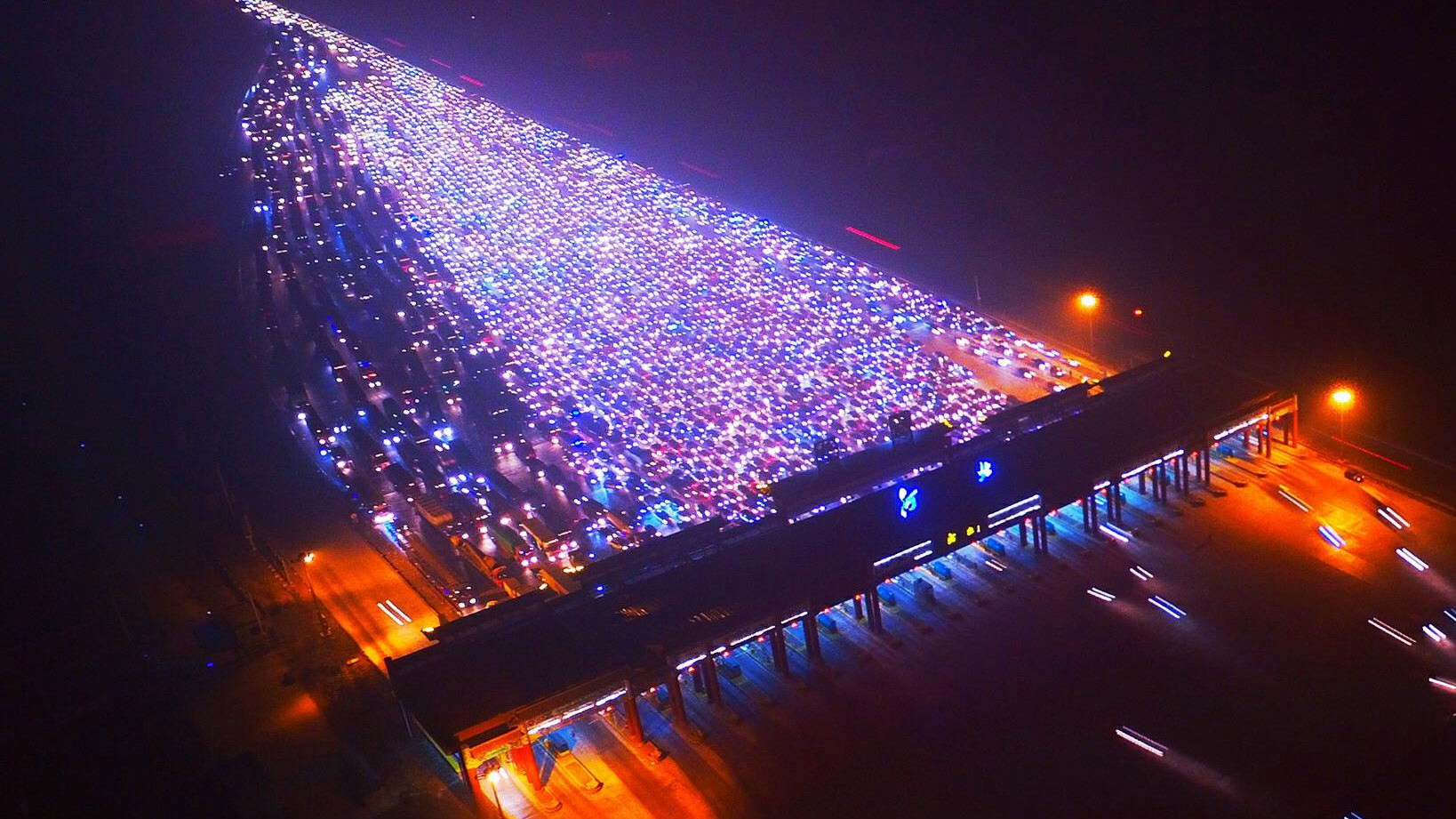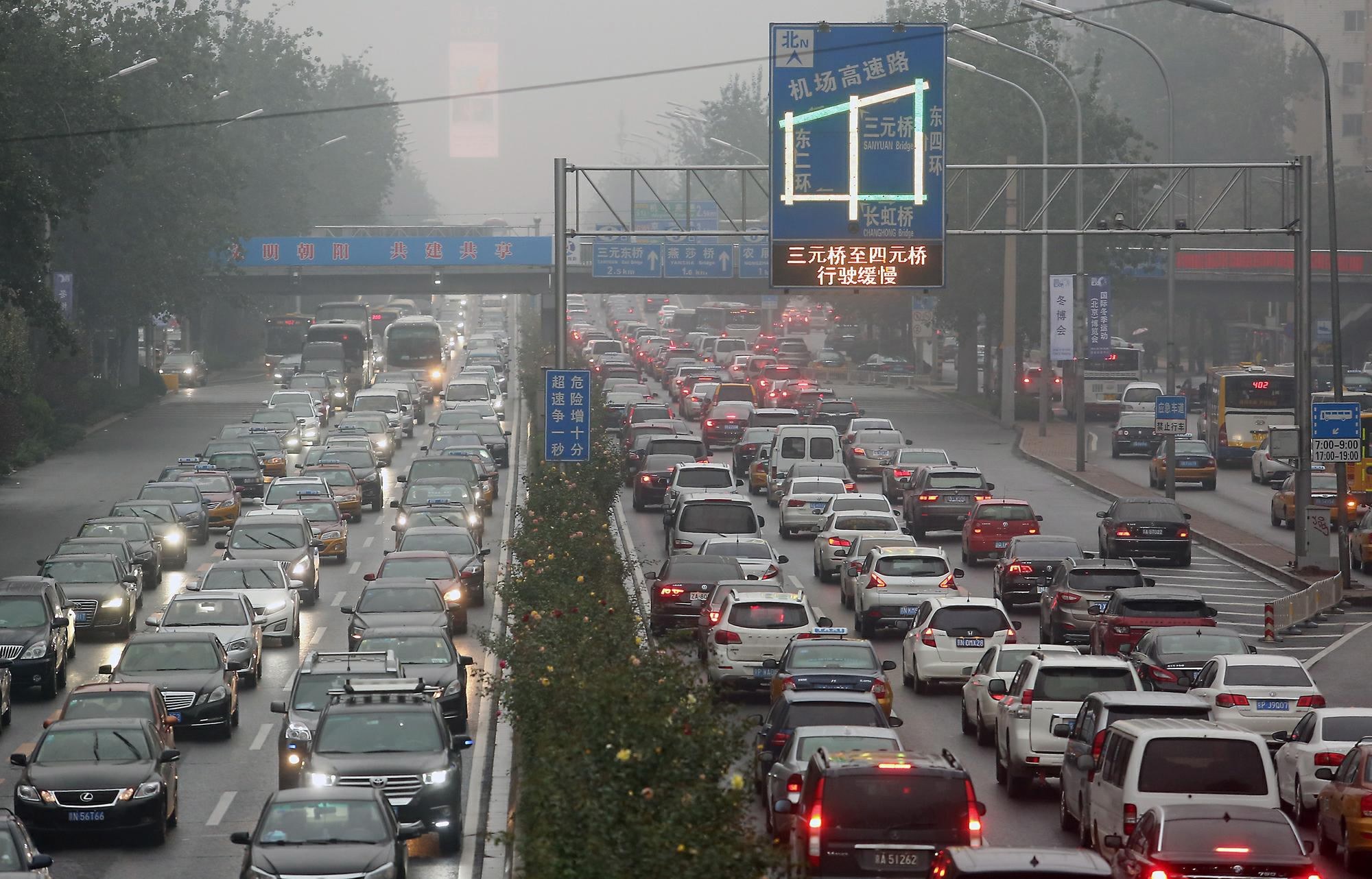
China
12:00, 12-Jan-2017
Beijing no longer China's most congested city, says report
Updated
10:33, 28-Jun-2018

It may come as a surprise to daily commuters in the Chinese capital, but according to a traffic report released recently, Beijing is no longer the country's most congested city.
Jinan, capital of east China’s Shandong Province, and Harbin, capital of northeastern province of Heilongjiang, have beaten Beijing in having the worst traffic jams among 60 cities across the country surveyed in 2016, according to the annual report published by leading Chinese navigation service provider AutoNavi – listed as AMAP on NASDAQ.

Heavy traffic slowly makes its way through downtown Beijing on October 24, 2016. /CFP Photo
Heavy traffic slowly makes its way through downtown Beijing on October 24, 2016. /CFP Photo
Beijing was crowned the most congested city by the report in 2015.
Netizens coined the Chinese term "shoudu," which sounds similar to "the capital" but actually means "the most congested," to mock the traffic in Beijing, home to 21.7 million people and 5.7 million cars.
According to the latest report, Jinan, Harbin, Beijing, and Chongqing in southeast China are the only four cities with a traffic jam delay index over 2.0, which means rush hour commutes take double the time they would during off-peak periods of the day.
Guiyang, Shenzhen, Kunming, Hangzhou, Dalian, and Guangzhou were ranked fifth to tenth on this year's list, respectively.
Shanghai, which ranked 7th in 2015, was not among the top 10.
The report shows that traffic has improved in all three mega-cities, namely Beijing, Shanghai, and Guangzhou, while congestion has become a prominent issue in second-tier cities, especially provincial capitals and provincial economic hubs.
In recent years, Beijing has spent 30 billion yuan (4.4 billion US dollars) annually on average on its subway network.
The city now has 18 subway lines, most built in the past decade. Five new lines will be added in 2017 and, according to the government's plan, new lines with a combined length of 900 km will be put into use between 2016 and 2020.
(Adapted from a story by Xinhua)

SITEMAP
Copyright © 2018 CGTN. Beijing ICP prepared NO.16065310-3
Copyright © 2018 CGTN. Beijing ICP prepared NO.16065310-3